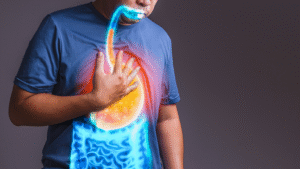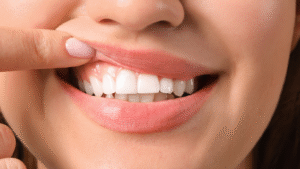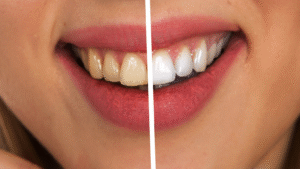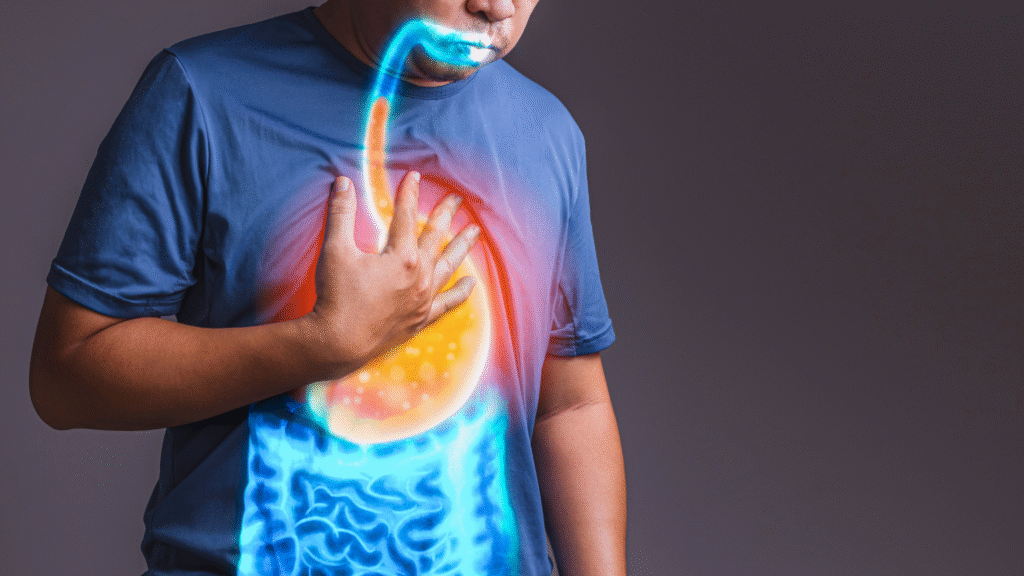Unlike dental cavities, which are caused by bacteria, dental erosion occurs when teeth come into direct contact with acids, resulting in a gradual and irreversible loss of tooth minerals. This condition can have a significant impact on both the appearance and function of teeth, making it a critical topic for patients at our dental clinic in Utah.
Causes of Dental Erosion
Recognizing the causes of dental erosion is essential for effective prevention and management. Erosive demineralization can stem from various intrinsic and extrinsic factors:
- Intrinsic Factors: Conditions like acid reflux and chronic vomiting expose teeth to damaging gastric acids. These acids can severely harm dental tissues, leading to sensitivity and an increased risk of decay. Regular dental visits with our skilled professionals can help monitor these conditions and offer tailored management strategies.
- Extrinsic Factors: Dietary habits play a significant role in the development of dental erosion. Regularly consuming soft drinks, particularly carbonated beverages, is a major risk factor due to their high levels of phosphoric and citric acids. Furthermore, eating acidic snacks, sweets, and even drinking natural fruit juices can heighten the risk of erosion. By making informed dietary choices, you can greatly reduce your chances of dental erosion.

Recognizing Signs and Symptoms of Dental Erosion
Early identification of dental erosion is crucial for effective management. Our team at Professional Dental urges you to be aware of the following signs and symptoms:
- Changes in Enamel Texture: Healthy enamel should be smooth and glossy. If you observe that your enamel appears dull or rough, it could be a sign of erosion.
- Cupping or Flattening of Teeth: The biting surfaces of your teeth may exhibit signs of flattening or cupping, indicating a loss of tooth structure that could lead to more severe dental complications.
- Increased Sensitivity: Heightened sensitivity to hot, cold, or sweet stimuli may occur as enamel diminishes and exposes the underlying dentin. If you experience discomfort, it is vital to consult our dental experts.
Management and Prevention Strategies
Effectively managing dental erosion requires a thorough evaluation to identify risk factors and implement preventive measures. Here are some strategies we recommend:
- Dietary Adjustments: Reducing the intake of acidic foods and drinks can significantly decrease your risk of erosion. We advise our patients to drink water after consuming acidic products to help neutralize acids in the mouth and minimize potential harm.
- Routine Dental Check-Ups: Regular dental visits are essential for the early detection and management of dental erosion. Our experienced dentists provide personalized advice, preventive methods, and treatments tailored to your unique needs to safeguard your tooth enamel.
- Application of Remineralizing Agents: Products that contain fluoride or calcium phosphate can aid in remineralizing enamel and protecting against further erosion. Your dentist at Professional Dental can suggest suitable products based on your specific circumstances.
Introduction to Dental Erosion
Intrinsic Causes of Erosion Intrinsic dental erosion occurs when gastric acids frequently enter the oral cavity, overwhelming the protective buffering capacity of saliva. This can happen several times a week over extended periods. Common causes include gastroesophageal reflux disease (GERD), recurrent vomiting from conditions like bulimia nervosa, chronic alcoholism, and hyperemesis gravidarum during pregnancy.
Gastroesophageal Reflux Disease (GERD) GERD is a significant risk factor for dental erosion. Chronic regurgitation of stomach acids can severely damage teeth, especially during sleep when salivation decreases. Individuals with GERD may experience symptoms such as heartburn, acid regurgitation, and an acidic taste in the mouth. Studies have shown a prevalence of dental erosion in up to 32.5% of adults with GERD.
Bulimia Nervosa Bulimia is a serious eating disorder characterized by self-induced vomiting, leading to severe dental erosion. The prevalence of erosion among individuals with bulimia can exceed 90%. Dentists often identify this condition through characteristic erosion patterns on the anterior maxillary teeth.
Chronic Alcoholism Alcoholism can contribute to dental erosion through frequent vomiting and the consumption of acidic beverages. Studies indicate that 49-92% of teeth in individuals with alcoholism show signs of erosion, particularly affecting the anterior maxillary teeth.
Pregnancy While dental erosion is relatively rare during pregnancy, it can occur in cases of hyperemesis gravidarum, where prolonged nausea and vomiting can lead to dental damage.
By understanding dental erosion and its underlying causes, patients can take proactive steps to prevent this condition. At Professional Dental, we are here to assist you in achieving optimal oral health. If you suspect you are experiencing dental erosion or have any inquiries about your dental health, please reach out to us at 801-785-8000. Our dedicated team across multiple Utah locations is ready to help you attain a vibrant and healthy smile!








